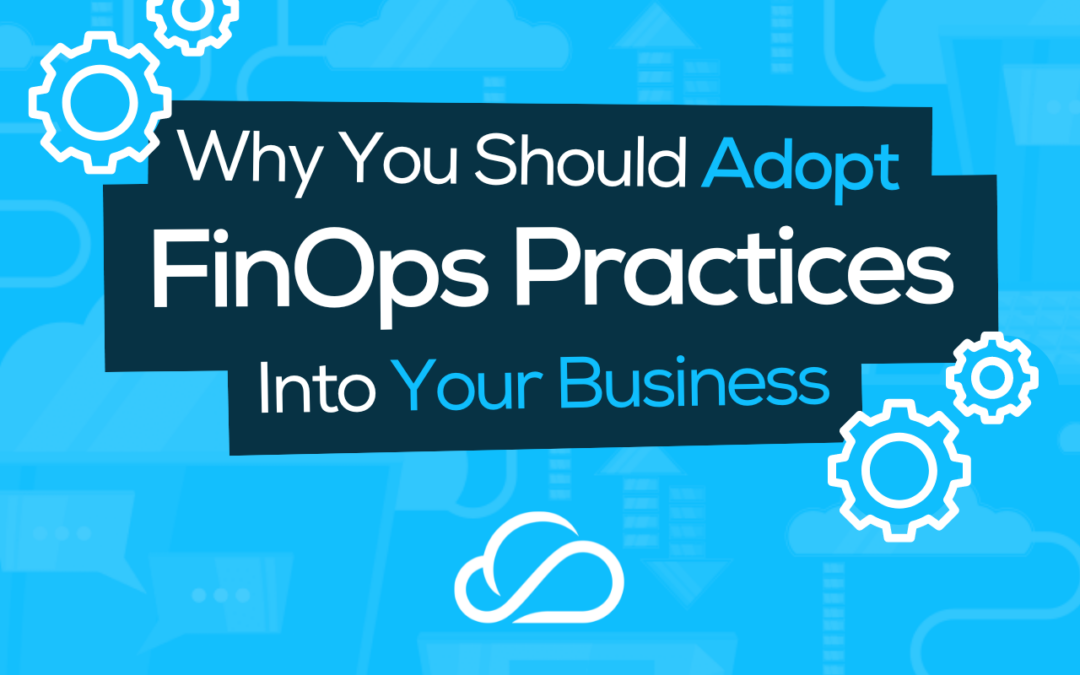It’s easy to sign up for your public cloud and then move on with business. The cloud can help your business exponentially, but it can only do that when you monitor and manage your usage. When you don’t, you might start to see some tell-tale signs that you need help. Thankfully, there are tools out there to help you, stopping you from having to deal with it all on your own. FinOps tools can be just what you need to keep you in the know and on top of everything cloud.
Here are some signs that you should adopt FinOps practices in your business.
1. You’re Spending Blind
The most significant mistake many businesses make when integrating into a cloud environment is starting the process and then walking away. The cloud plan you choose might read to be exactly what your business needs, but you do not know that unless you are monitoring it. This means that it is extremely easy to spend money on things your business does not actually need or utilize. You could be spending blind. FinOps practices can help keep a close eye on your usage and ensure that everything you utilize within the cloud is necessary.
2. Your Decision-Making Is Two Steps Behind
One of the biggest ways that FinOps practices help businesses is its ability to provide real-time reporting. Without FinOps, you might only see reports every month or quarter, causing you to make cloud decisions late. FinOps provides companies with a detailed layout of the business’s spending and utilization with a click of a button. You can now make real-time decisions and affect your cloud and spending immediately rather than a month too late.
3. You Don’t Have Accurate Forecasting Abilities
Along with real-time reporting, FinOps can provide businesses with proper forecasting to ensure they spend money on the right things during the right times. If you are simply hoping that your current cloud plan covers you throughout every high and low period of your business, you are not only wasting money but also underutilizing resources that could be helping you. With accurate forecasting, you can implement schedules, stop and stop resources at certain times, and have better overall control over your cloud.
4. Your Departments Are Working Independently
Implementing a cloud platform in your business will affect every department in some way. The cloud is not an independent tool. It is a company-wide tool, so your departments should not view it alone. This can lead to overspending, confusion, and unclear goals. FinOps practices can help bring your departments together under the same goal and give them the opportunity to collaborate with each other. With unified departments, you will see that spending will become more organized, accountability will increase, and goals will be met.
5. You Utilize the Cloud
The last and most important sign that you should adopt FinOps practices in your business is if you use cloud resources in the first place. FinOps and Cloud environments go hand-in-hand. There are clear signs of dysfunction when you do not implement FinOps practices, so when you switch to a cloud environment, FinOps should be the second thing on your list to integrate. If you want to save money, properly optimize your resources, and be prepared for the future, you must have FinOps.
Have you seen any of these signs? If you have or if you have questions, contact the team at FinOps Oversight.

